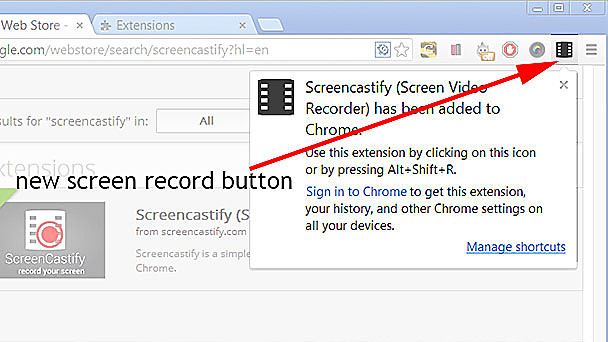Ethics
GIJN Webinar – Exposing the Navalny Poisoning: Black Market Data, Open Sources, and Attempted Murder
|
In this GIJN webinar, we bring together two of the authors of the investigation that revealed the names and ranks of officers in the Russian intelligence agency allegedly involved in the poisoning of opposition figure Alexey Navalny and an expert on media ethics. They will discuss the way the investigation was carried out, and how far journalists should go when there is evidence suggesting a crime may have been instigated or committed by government authorities.






